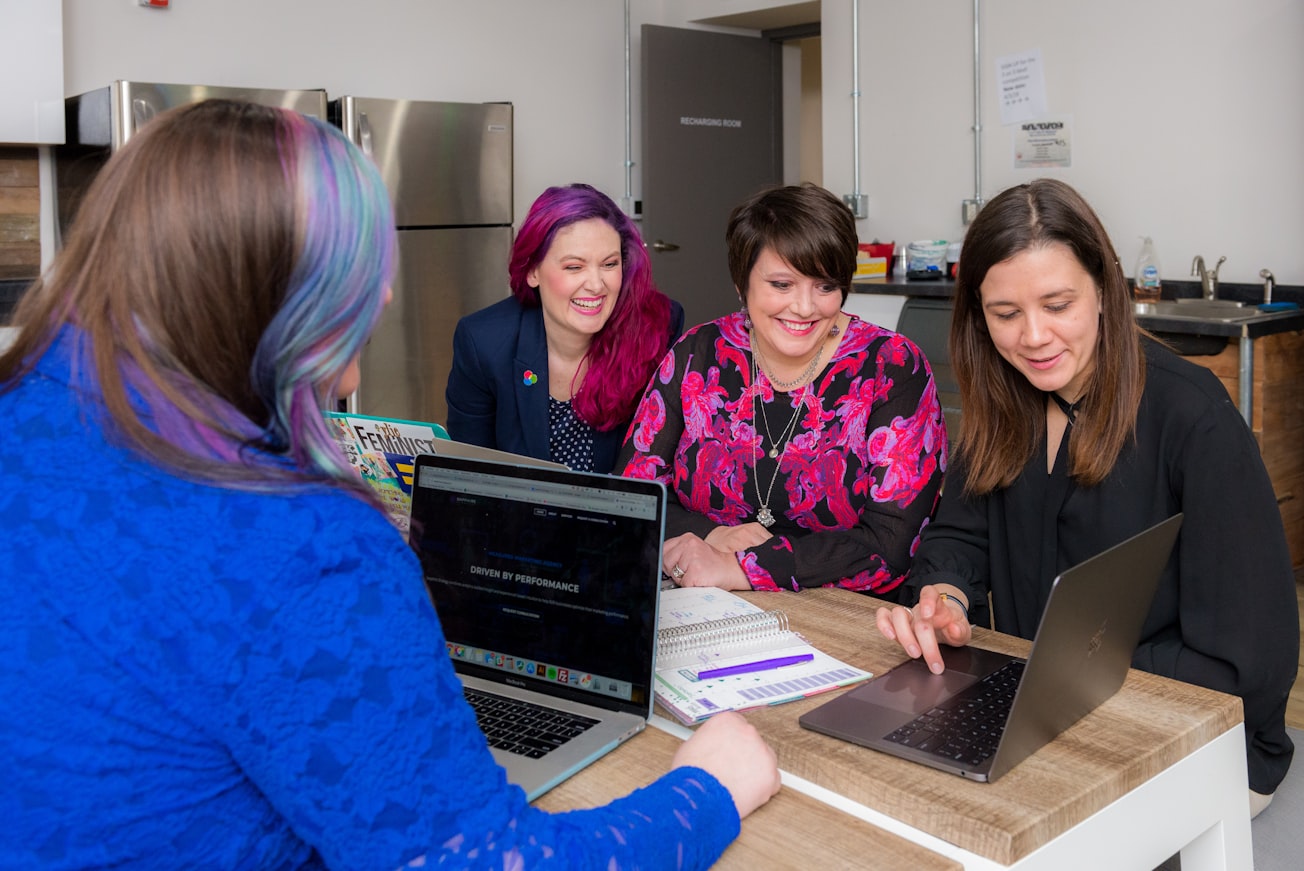What is it about?
We successfully designed and tested a new mental simulation intervention to improve decision making outcomes. The mental simulation - a twist on “let’s pretend” - asks groups to project forward and imagine the decision they are about to make (which is not yet ‘baked in’) has gone badly wrong. That assumption of failure opens up the decision-making black box, causing the group and its members to go back and more fully interrogate and challenge the decision and the information underpinning it. This enables new information and thinking to emerge in the group. Applying this to the decision allows the group to improve their decision-making. In short, groups who undertook the ‘let’s pretend’ intervention, showed better decision outcomes than those who did not.
Featured Image

Photo by Kylie Haulk on Unsplash
Why is it important?
COVID-19 has brought our decision-making into significant scrutiny - and in many cases shown us to be lacking in this most underrated and taken for granted skill. Yet, arguably, there has never been a more important moment for us all to be making great decisions. Despite much decision-making in the workplace being conducted in groups, research suggests groups don’t always do a good a job when it comes to decision-making – particularly in certain scenarios.This can be down to a variety of factors, e.g. who holds what information and how good the group is at sharing and integrating information into the decision-making process, to name but two. This makes it particularly difficult for new and unique information - which may be vital to reaching the best decision - to get into the discussion, let alone be applied to reaching it. For a variety of reasons, groups find sharing and integrating information, particularly new information, challenging. As humans, we like shared information: it makes us feel good. We are ‘cognitive misers’ – so we dislike new information because we have to work harder to process it, integrate it and apply it to our decisions. We also rush to make a quick decision, then actively seek out information which confirms that decision, rather than challenges it - we want to prove ourselves right rather than wrong. We also often don’t want to ‘put our hand up’ with the single piece of disconfirming evidence in case we look silly, or turn out wrong - so we end up ignoring those vital pieces of information. None of this is good for high quality decision-making.
Perspectives
As noted, decision-making is under scrutiny as never before and we need to be making the best decisions. The good news is that the mental simulation is relatively simple and easy to implement. So although this research has been tested in a lab, the intervention should be easily applied beyond this.
Dawn Nicholson
University of Kent
Read the Original
This page is a summary of: ‘I’ve Just Been Pretending I Can See This Stuff!’: Group member voice in decision‐making with a hidden profile, British Journal of Social Psychology, January 2021, Wiley,
DOI: 10.1111/bjso.12444.
You can read the full text:
Resources
Contributors
The following have contributed to this page







